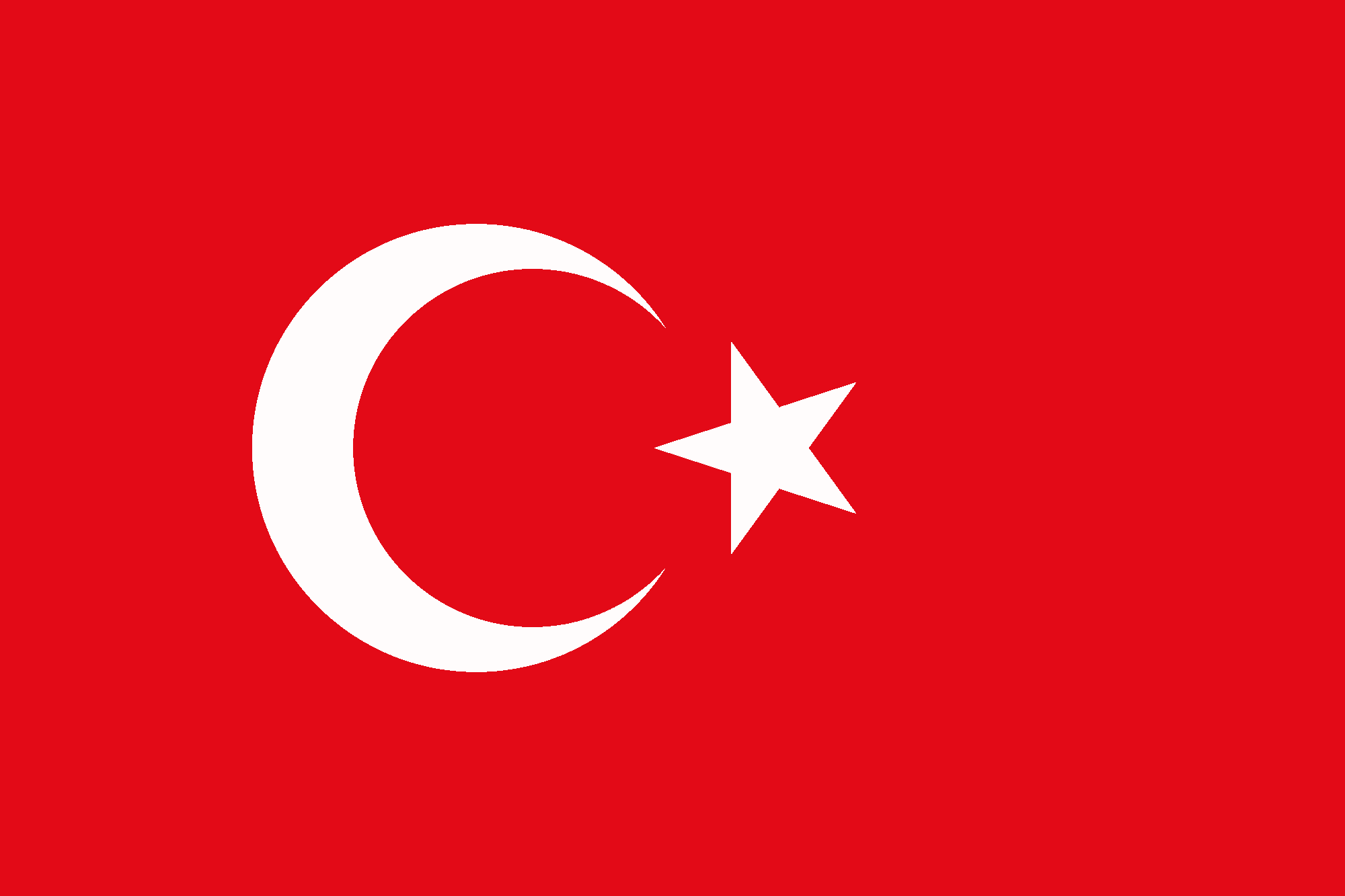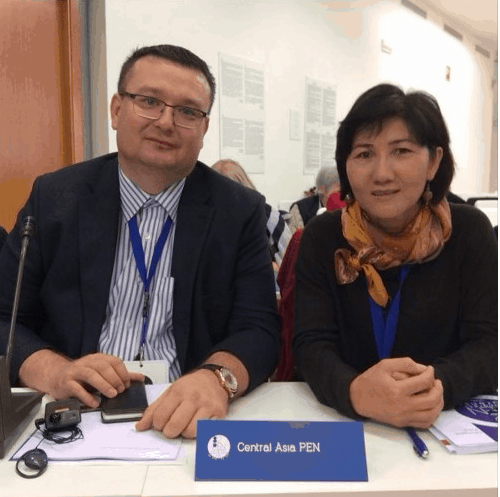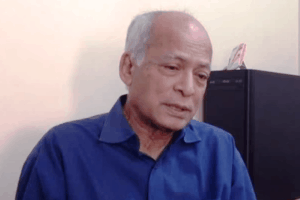A rare wave of protests is sweeping through Belarus, a country widely considered the most repressive in Europe. Protests began soon after Belarusian citizens who are not registered with official employment—including independent writers, artists, tutors, and others—started receiving notices that they would have to pay “tax on parasitism.”
The tax stems from an April 2015 decree signed by President Alexander Lukashenko “On the Prevention of Social Dependency.” It targets so-called “social parasites”: people who do not participate in financing the state budget but who receive social benefits such as education and medical services. Under the decree, anyone who works less than 183 days a year and who fails to register as officially unemployed must pay a state tax of about $240 annually. (The average monthly salary in Belarus is $370.)
While presented as a tactic to deter abuse of state benefits, critics say the new tax is, in effect, a form of social control. The tax applies to independent writers and other creative workers who do not belong to official unions. It must be paid by members of the Independent Union of Belarusian Writers and PEN Belarus, which counts among its members the 2015 Nobel Prize Winner Svetlana Alexievich. Members of the official state writers union, however, are exempt.
“We at PEN Belarus don’t want to be privileged in this situation, and we think that the decree is absurd in general. However, we see that our government doesn’t consider members of our independent writers’ organizations to be ‘true writers,’ which is pure discrimination,” said PEN Belarus Vice-President Hanna Yankuta.
The new tax decree is reminiscent of Soviet practices of the 1960s. In 1964, Nobel Prize winner Iosif Brodsky was arrested on charges of “parasitism” in Leningrad. He argued the charge at his now infamous trial, transcribed by writer and human rights activist Frida Vigdorova:
Judge: What do you do for living?
Brodsky: I write poems. I translate. I assume…
Judge: No assumptions! Do you have a stable job?
Brodsky: I thought this is the stable job.
Judge: You have to answer why you didn’t work.
Brodsky: I worked. I wrote poems.
Judge: Who has recognized you as a poet? Who has enrolled you in the ranks of poets?
Brodsky: No one. Who enrolled me in the ranks of the human race?
The recent protests in Belarus have been partially successful. On March 9, President Lukashenko announced he would not impose the tax before the end of the year and promised to reduce the number of people required to pay. This did not stop the protests, however, which called for canceling the tax altogether, creating more jobs, and holding free and fair elections. A march in Minsk on March 15, Belarusian Constitution Day, was matched by smaller rallies in several other Belarusian cities. However, demonstrations were met with brutal force by authorities, and incidents of police beating and detaining protesters were recorded and disseminated via Facebook Live.
Another major demonstration is planned for March 25, unofficially known as Freedom Day in Belarus, when opponents of the government come out in protest. Organizers anticipate that many who have never demonstrated before–musicians, freelance tutors and coaches, family members who have left jobs to tend to elderly parents–will participate. President Lukashenko, however, has already ordered security forces to “pluck out all the dissatisfied from the streets like raisins from a roll.”




